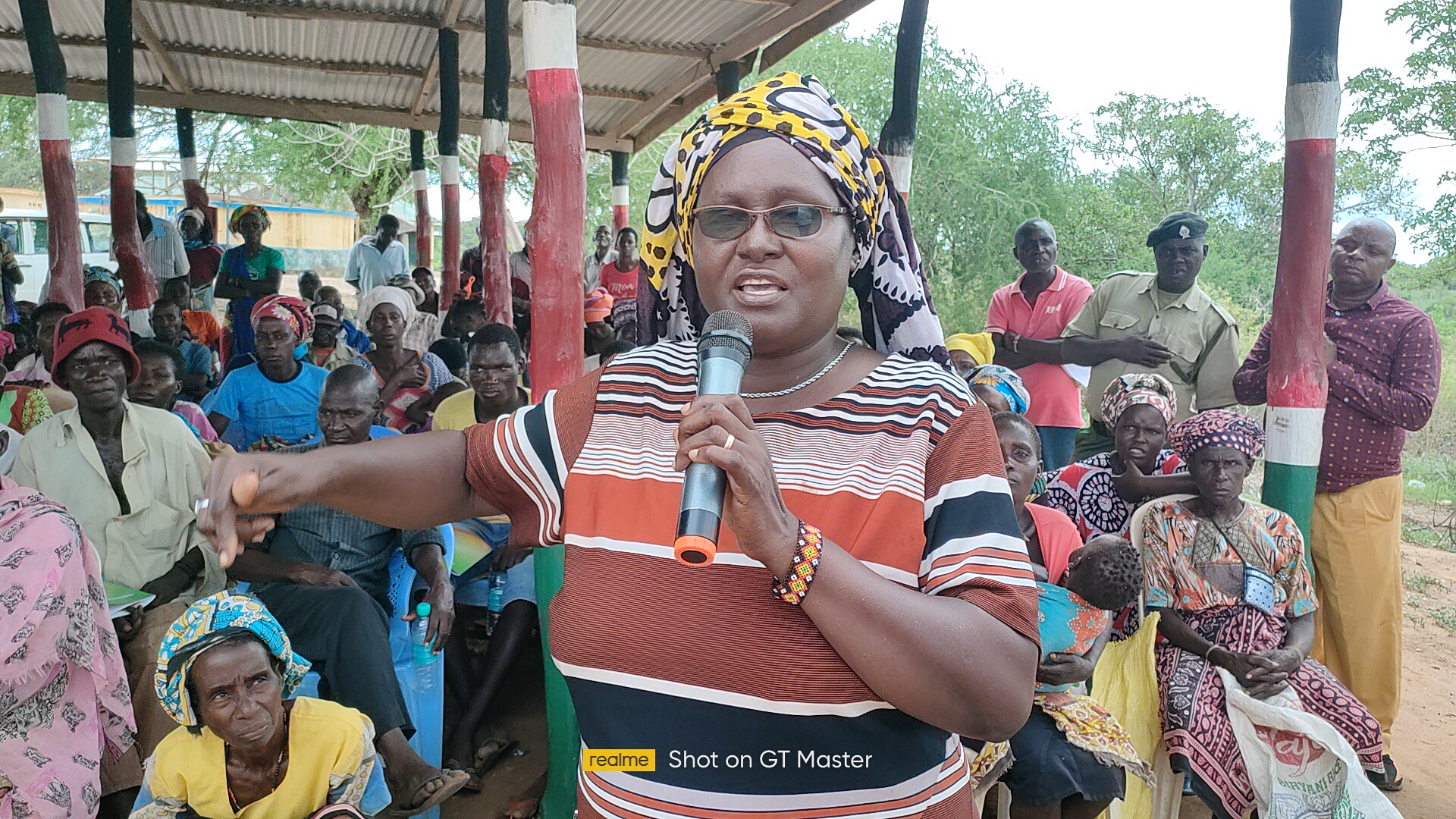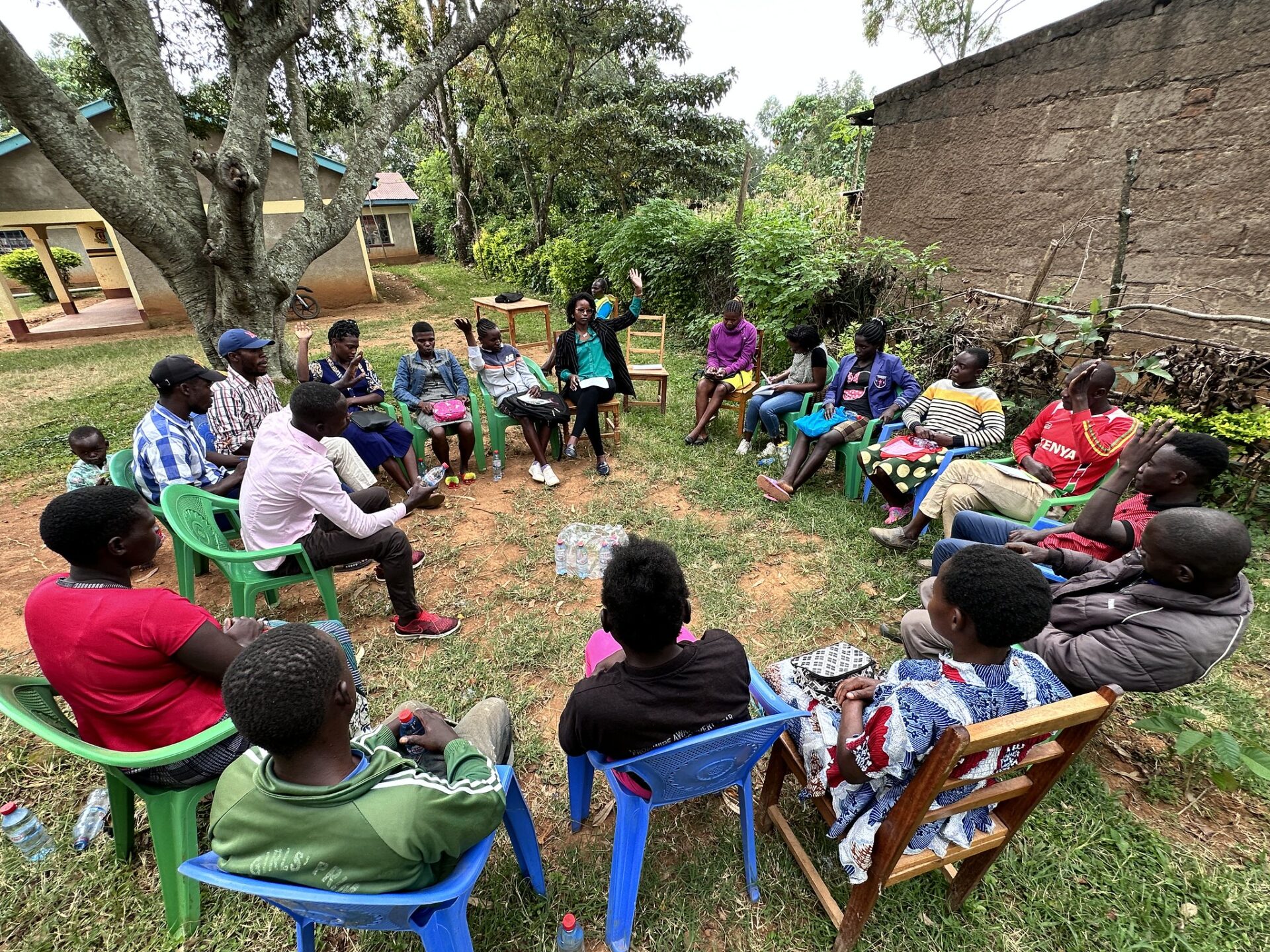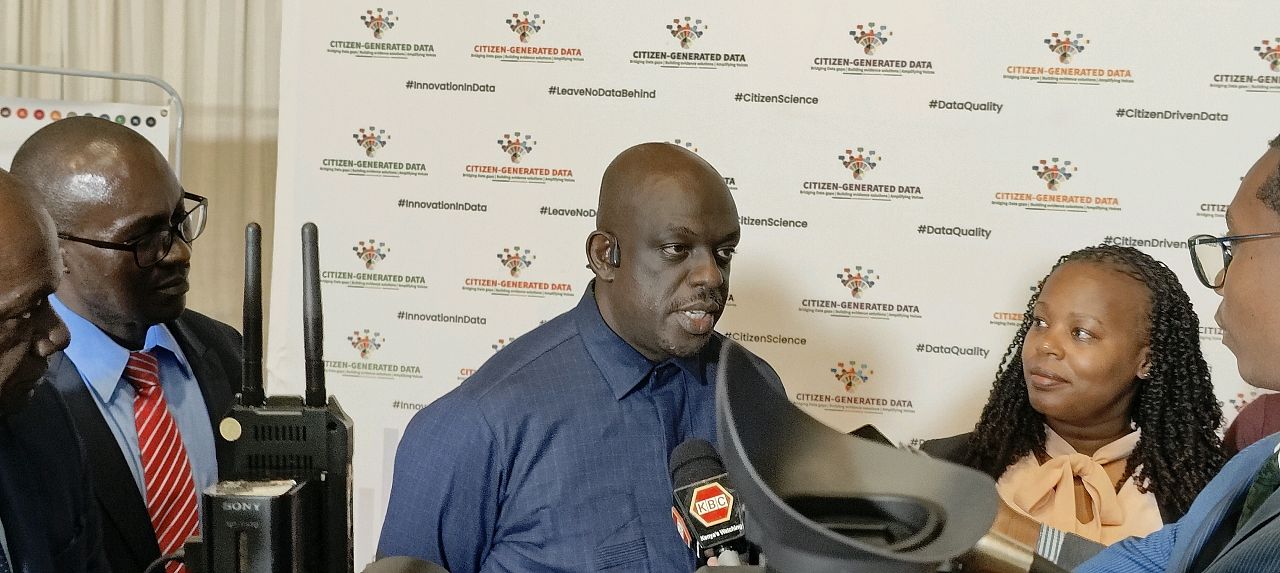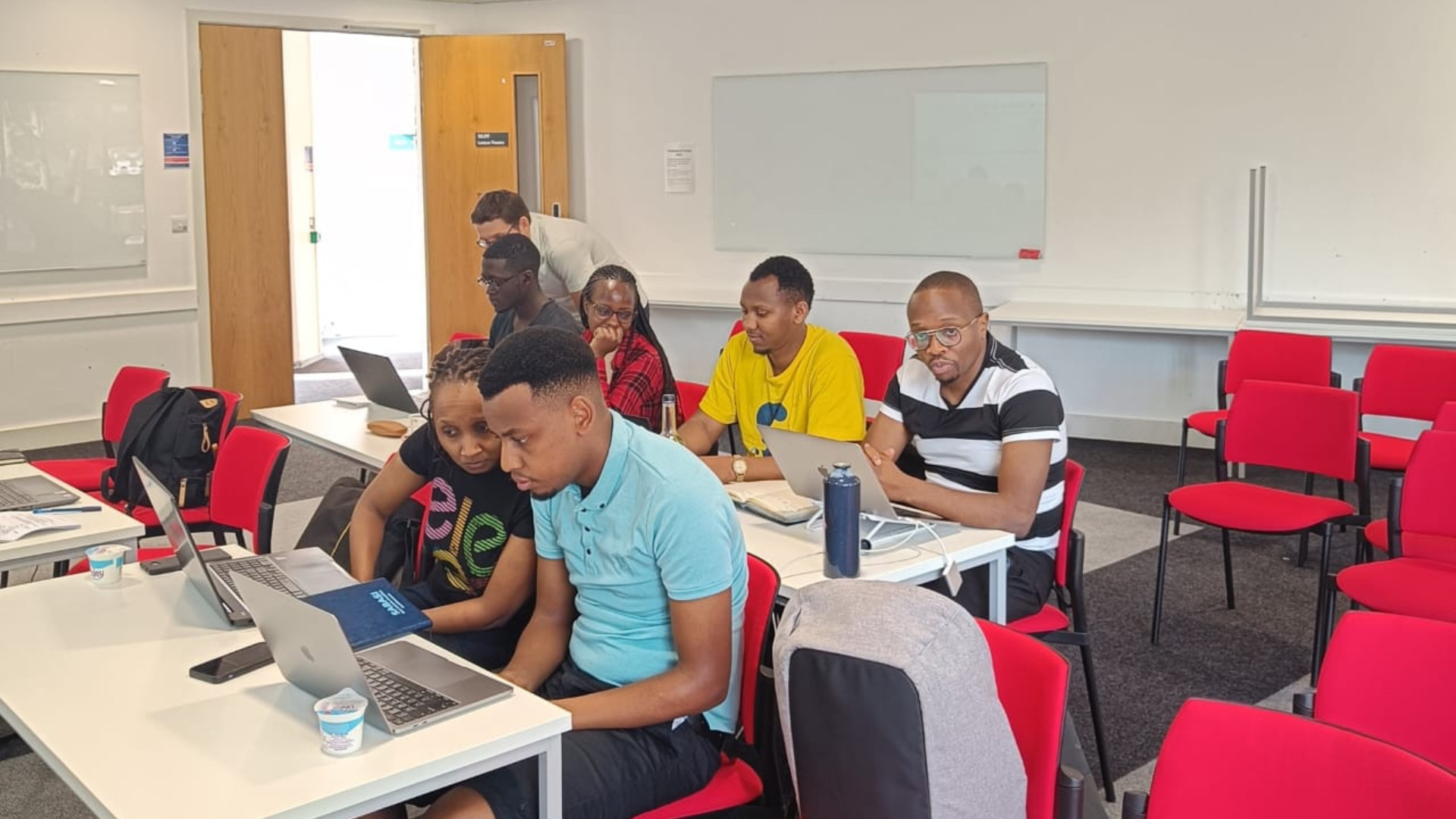The farmers in Nakuru North Sub County are set for a new skill that will change their way of doing business. 400 farmers had been invited for a data training by the Nakuru North Sub-County Deputy County Commissioner (DCC), Mutua Kisilu and his the Assistant County Commissioners and Chiefs. Other invited participants were the County Agricultural Officers. The farmers came from 4 locations Dundori, Kirima, Bahati and Lanet Umoja, which are largely farming regions. They were eager to learn new ways that would increase their yields and strengthen their agribusiness.
After the welcoming speech from the DCC, the team from the Open Institute led by Al Kags proceeded to the main agenda of the days’ program. The data training sought to enlighten and remind the participants on the importance of data and the tools used to collect data. Organized data can be useful for deriving key areas that require evaluation and enhance effectful deliberations with stakeholders.
The participants took the time to review analyzed data that had been collected by the farmers. The data focused mainly on the farming activities and the analysis demonstrated the challenges that the farmers were facing. The analysis also showed the common crop that was being produced regularly and the extent of the farmlands that were being used.
Some of the challenges that were highlighted were that the youth were not engaging in the practice. The data indicated that most farmers were aged above 45 years old with the majority being women who owned the farmlands. The farmers reflected on the reasons why the younger members of the community were not engaging in farming. One of the reason was that the youth were not taking farming as an economical choice and they opted to look for work in the cities.
Lack of adequate information also hampered the farmers’ decision making, especially when it came to farming practices. The farmers iterated that it would have been useful to have such data from markets and weather. Market data would be helpful to assist in identifying the markets with the best pricing giving the farmer the bargaining power when it comes to selling their yields. This will also curb the menace of middlemen that take advantage of the farmers when harvest season arrives.
Through the analysis, the farmers realized that they have been subdividing their land as part of their cultural inheritance process, and it has resulted to reduction of available arable lands. This has equally affected the farm outputs and economy of the region. The farmers resolved by having follow-up meetings to initiate ways of consolidating their lands and organizing themselves to manage farms in a communal manner. This will give them increased yields and bargaining power when it comes to selling their harvests.
There were no sustainable storage methods identified by the farmers as well. The farmers have often lost their yields following the lack of suitable storage facilities and are forced to sell the harvests at low costs to avoid total loss. With better storage methods, they could weather out the low demands of the produce and sell when the markets were favorable.
The data analysis also instigated conversation between the farmers and the leaders especially the extension workers who were able to understand better the extent of the crop being planted in the region and find better ways to offer support. The extension workers have on some level been working in the blind with little knowledge of the lands being used for crop farming and livestock farming. Lack of such knowledge limited them to plan for adequate support and management of pests or diseases. The leaders also could not be able to determine the quantity of inputs required during land preparation period.
The leaders together with the farmers challenged themselves to investigate other channels to manage their yields and increase their revenues. Having value-add processes was one of the options that would help the farmers to manage their yields and bring better economic value to them. With such processes, it would also help build interest to younger community members by creating jobs and engaging them in the ecosystem.
There was a consensus that data was helpful for identifying priorities and promoting discussions between leaders and farmers.
The meeting ended with the participants looking forward to accomplishing the decisions made and mainly devoting to hold each other accountable to continue finding solutions that would help in the growth of agriculture in the region.
The Global Partnership for Sustainable Development Data (GPSDD) which is a global network has been working with Governments, the Private Sector and civil society organizations to drive the use of data to innovatively achieve the Sustainable Development Goals (SDGs). Open Institute as a member of the GPSDD has been sensitizing the SDGs through its flagship program Global Goals for Local Impact (GGLI) based on its belief that SDGs are best achieved at the hyperlocal level.












